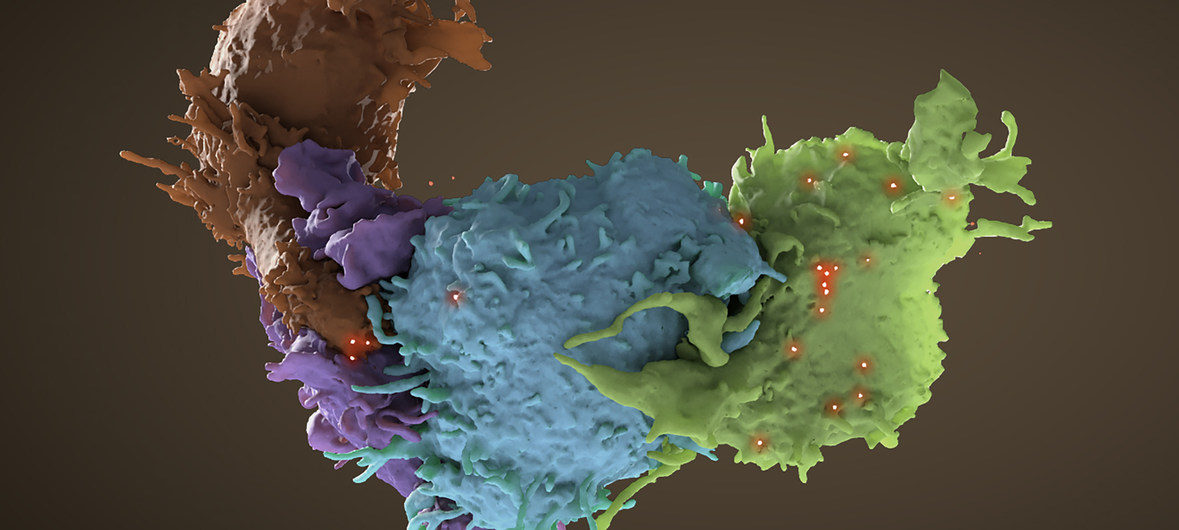
GENEVA, 13 June 2019—UNAIDS welcomes the decision of the Constitutional Court of Colombia to remove the section of the criminal code that criminalizes HIV and Hepatitis B transmission. Overly broad criminalization of HIV transmission is ineffective, discriminatory and does not support efforts to prevent new HIV infections.
“Public health goals cannot be pursued by denying people their individual rights. The decision by the Constitutional Court of Colombia is a concrete step to ensure the law works for the HIV response, and not against it,” said Gunilla Carlsson, UNAIDS Executive Director, a.i. “UNAIDS will continue to advocate for a protective legal environment and the removal of punitive laws, policies, practices, stigma and discrimination that block effective responses to HIV.”
The Constitutional Court of Colombia established that the law violated the principles of equality and non-discrimination, as it singled out people living with HIV, stigmatising them and limiting their rights. The Court established that the law created a differential treatment that is not reasonable —and therefore constituted discrimination. The Court further established that such law violated the sexual rights of people living with HIV and it was ineffective to meet any public health objectives.
Overly broad and inappropriate application of criminal law against people living with HIV remains a serious concern across the globe. Nine jurisdictions in South and Central America and at least 77 others worldwide still criminalize HIV non-disclosure, exposure and transmission.
UNAIDS filed an intervention before the Constitutional Court of Colombia indicating that no data support the broad application of criminal law to HIV transmission to prevent HIV transmission. Rather, such application risks undermining public health goals and human rights protections. UNAIDS strongly commends the decision taken by the Constitutional Court to restore the dignity and rights of people living with HIV in Colombia.
In 2018, UNAIDS, the International Association of Providers of AIDS Care and the International AIDS Society convened an expert group of scientists who developed an Expert Consensus Statement on the Science of HIV in the Context of Criminal Law. The statement calls on the criminal justice system to ensure science informs the application of the law in criminal cases related to HIV.
UNAIDS
The Joint United Nations Programme on HIV/AIDS (UNAIDS) leads and inspires the world to achieve its shared vision of zero new HIV infections, zero discrimination and zero AIDS-related deaths. UNAIDS unites the efforts of 11 UN organizations—UNHCR, UNICEF, WFP, UNDP, UNFPA, UNODC, UN Women, ILO, UNESCO, WHO and the World Bank—and works closely with global and national partners towards ending the AIDS epidemic by 2030. Learn more at unaids.org and connect with us on Facebook, Twitter, Instagram andYouTube.







